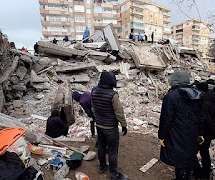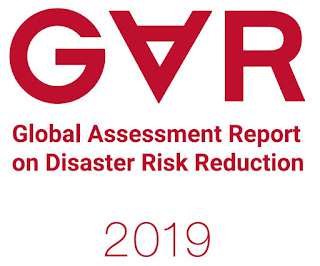Reflections on the Turkish-Syrian Earthquakes of 6th February 2023: Building Collapse and its Consequences
Emergency Planning
FEBRUARY 8, 2023
Many of the news media that have reported the disaster have presented it as the result of inescapable terrestrial forces. How much simpler to attribute it all to anonymous forces within the ground! Natural Hazards and Earth System Sciences 15: 931-945. Natural Hazards 109: 161-200. Ecemis, S.Z. Korkmaz, M.H.











Let's personalize your content